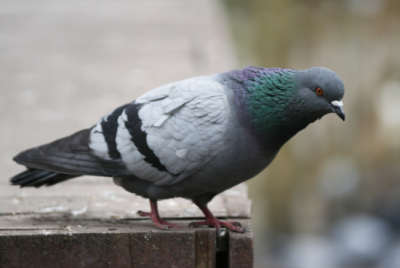Pigeon Diseases
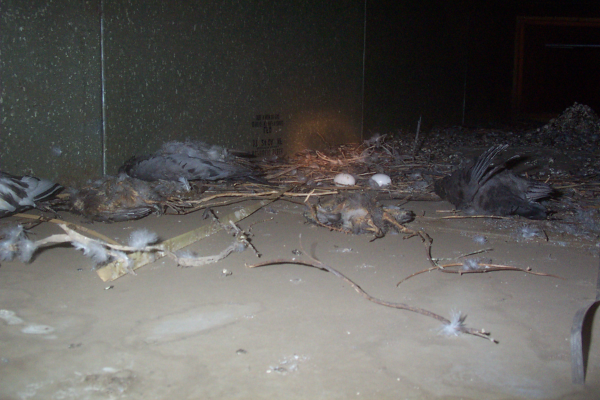
Pigeons are popular birds known for their stout bodies, short necks, and seed-based diet. They can be found across the world, except for the Arctic, Antarctic continent, and the Sahara. Pigeons can be prone to a variety of diseases that can cause a range of symptoms including respiration issues, diarrhea, and even death.
Health Considerations
Pigeon excrement is a vector for numerous pathogens. They unfold nasty diseases like pseudo-tuberculosis, fifth disease and enterobacteria.
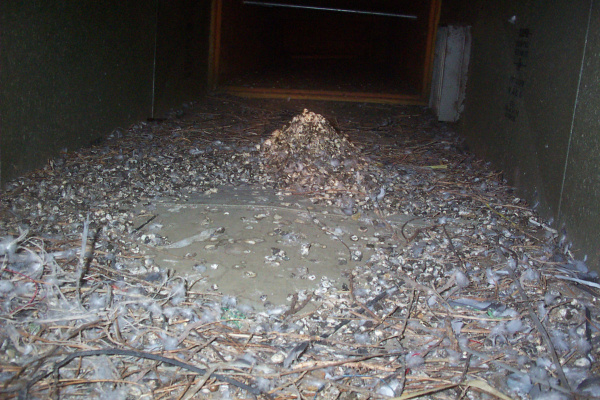
Can Pigeons Unfold Diseases?
For some individuals, pigeons function as recreational animals. For others, pigeons are nothing more than “rats with wings” and carriers of pathogens that unfold harmful diseases. The question is, do pigeons unfold diseases or is that simply an urban myth? Sadly, the rumors are true. Pigeons carry a stunning variety of pathogens (more than 60) that spread diseases.
Common Pigeon Diseases
- Coccidiosis
- Trichomoniasis
- Salmonellosis
- E-coli
- Hexamitiasis
- Neurotic redness
- Ornithosis
- Mychoplasmosis
- Worms
- Colibacillosis
In this article, we’ll tell you about the most common pigeon diseases and what to do to treat and cure them.
Coccidiosis
Coccidiosis is a parasitic disease which could be fatal to pigeons. It impacts the gastrointestinal system, causing pigeons to eat less.
Cause: Food poisoning
Symptoms: Diarrhea, which can be bloody in severe cases
Treatment: Cocci-Tricho-mix is a water-soluble powder that treats many diseases
Trichomoniasis
Trichomoniasis could be a parasitic sickness also known as canker. This disease is caused by the parasite Trichomonas Gallinae. Scientists assume this parasite is associated with an ancient infected agent that even infected dinosaurs long ago.
Cause: Infected drinking water or infected parent feeding a youngling
Symptoms: Sudden death, not eating, weight loss, ruffled look
Treatment: Cocci-Tricho-mix or 10% Ronidazole+, which provides the mandatory vitamins and minerals to ensure the pigeon remains strong and healthy
Salmonellosis
Salmonellosis could be a dangerous microorganism infection. It’s dangerous because it may be fatal and contagious for humans. Salmonellosis attacks the intestines of pigeons, inflicting serious injury. It impacts the performance and lowers the appetite of pigeons.
Cause: Infected feed, drinking water, and excrement
Symptoms: Disability of walking, uncommon flying movements, loss of appetite, weight loss, diarrhea
Treatment: Travi-Allicin-Plus is a possible treatment
E-Coli
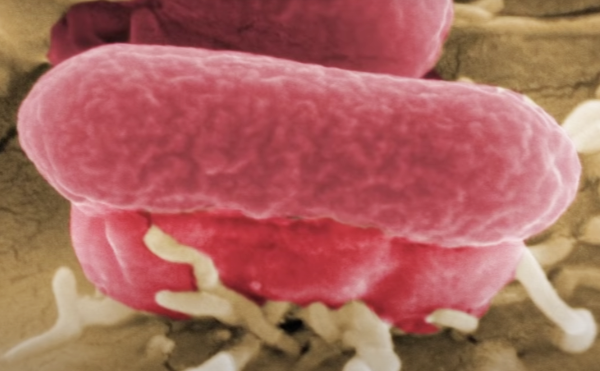
E-coli is virtually the nightmare of all pigeon fanciers. Youngsters are particularly prone to E-Coli. E-coli is a microorganism infection that greatly reduces the system. It makes the pigeon vulnerable to alternative bacteria and viruses. If another infection happens, it always leads to death. E-coli is progressively resistant to many antibiotics, which tends to make it harder to treat. This pigeon disease is powerful and versatile and evolves resistance to medications.
Cause: Infected feed and drinking water. Also, infection occurs quickly when a pigeon experiences stress. Stress can be caused by change of loft, too many pigeons in one loft, change of diet, etc. The stress weakening the immune system, making the pigeon more susceptible to E-coli.
Symptoms: Weakened immune system, accumulated rate of sick pigeons
Treatment: Varies
Hexamitiasis
Hexamitiasis is another parasitic pigeon disease and most harmful to young pigeons, often resulting in death.
Cause: infected feed, drinking water, excrement
Symptoms: Watery (yellow) diarrhea, weight loss, dry feathers, change in temperament
Treatment: Cocci-Tricho-mix
Necrotic Enteritis
Necrotic enteritis is principally caused by Clostridium perfringens. It’s a bacterium that is found virtually everywhere. It is difficult to stop the bacteria from getting into the loft, feed, water, etc.
Cause: The bacterium is found in dirt, soil, feed, water, feces, etc. It is hard to stop infection and easier to supply preventive cures.
Symptoms: Diarrhea, death rate increases, depression, ruffled appearance
Treatment: Travi-Allicin-Plus
Colibacillosis
Colibacillosis could be a typical secondary infection that is caused by the above-mentioned diseases that have an effect on the immune system. Preventive medication for these predisposing viral infections can additionally forestall colibacillosis. However, this cannot be guaranteed. It could be inhaled (infection via the respiratory tract) or taken in via the feed or water (intestinal infection)
Cause: Infected food, water, and excretion, though infection may also be caused by inhalation
Symptoms: Weakened immune system, augmented rate of sick pigeons, increased fluid in body cavities (swelling)
Treatment: Even though it is not a primary immune disease, Travi-Allacin-Plus can be used.
Worms
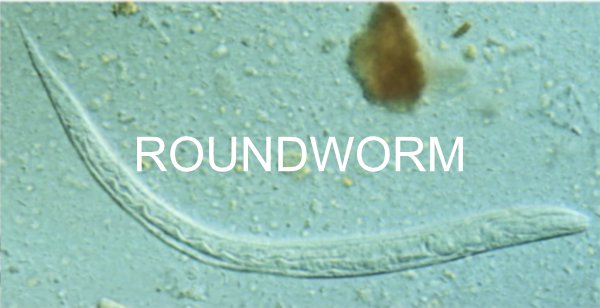
Worms are gross, although our feathered friends assume they're delicious. However, some worms are reversed on the organic phenomenon in that they eat pigeons, from the inside! Pigeons are unremarkably infected by Roundworms, Hairworms, Gapeworms or Tapeworms. Typically, it’s no drawback. What’s unhealthy is that it makes the pigeon susceptible to different diseases. Fortunately, worms can be treated as well.
Cause: infected food, droppings of different animals, and from eating insects
Symptoms: diarrhea, fever, nasal dripping, weight loss, decreased performance, unhealthy and weak look
Treatment: Worm-Tab could be a pill cure which will take away the said worms from the pigeons’ body
Ornithosis
This pigeon disease is totally different and dangerous. The ‘Parrot Fever’ may also be caught by humans as a result of its animal disease. In fact, in the past, individuals have died from this disease. Ornithosis is usually caused by Chlamydia. It’s conjointly known as a hidden or latent infection. However, as the immune system weakens, different latent infections may show up. Ornithosis affects the tract, making it difficult for the pigeon to breathe.
Cause: Unfolded via air- if urine or excretion particles are gaseous and inhaled by humans or animals. Additionally, beak to beak contact will unfold the disease. Any infected pigeon should be isolated immediately to stop the spread.
Symptoms: diarrhea, inflammation, fever, nasal dripping, low craving, weird respiratory sounds, shedding and ruffled appearance
Treatment: Myco-Orni-Mix contains a spectrum of antibiotics incorporated with minerals and vitamins to strengthen the pigeon’s body with the application
Mycoplasmosis
Mycoplasmosis is an infection of the bronchia and comes in many varieties. It is sometimes a mixture of bacteria and viruses, making it more dangerous. Mycoplasmosis on its own may be a harmless pigeon disease.
Cause: infected feed, drinking water, excretion and equipment
Symptoms: Nasal discharges, decreased performance, the disposition to fly, uncommon flying movements, asthmatic sound and throat inflammation
Treatment: Travi-Allicin-Plus not solely battles Mycoplasmosis. Since Mycoplasmosis weakens the immune system, the pigeon is vulnerable to several additional diseases. Travi-Allicin-Plus provides protection against salmonellosis, colibacillosis, and necrotic enteritis.
How dangerous are pigeon droppings to your health?
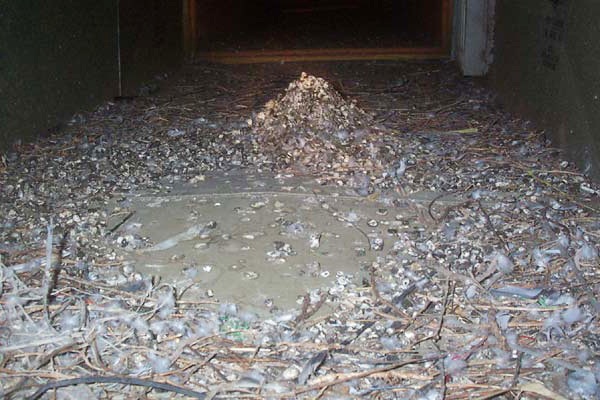
The simple truth is that the danger varies on the particular infestation. However, if you’ve got a pigeon infestation of any size on your home or property, there’s a true risk of acquiring illnesses from their droppings. The safe bet is to wear down your pigeon infestation to get rid of any risk of illness. Pigeons will contract and carry several diseases and parasites that do end up in their droppings. Once pigeons notice an area on your roof or property, they’re going to quickly produce an oversized mess of their droppings. Droppings corrode rooftops, paint, wood, and steel and can ultimately lead to illness and disease.
